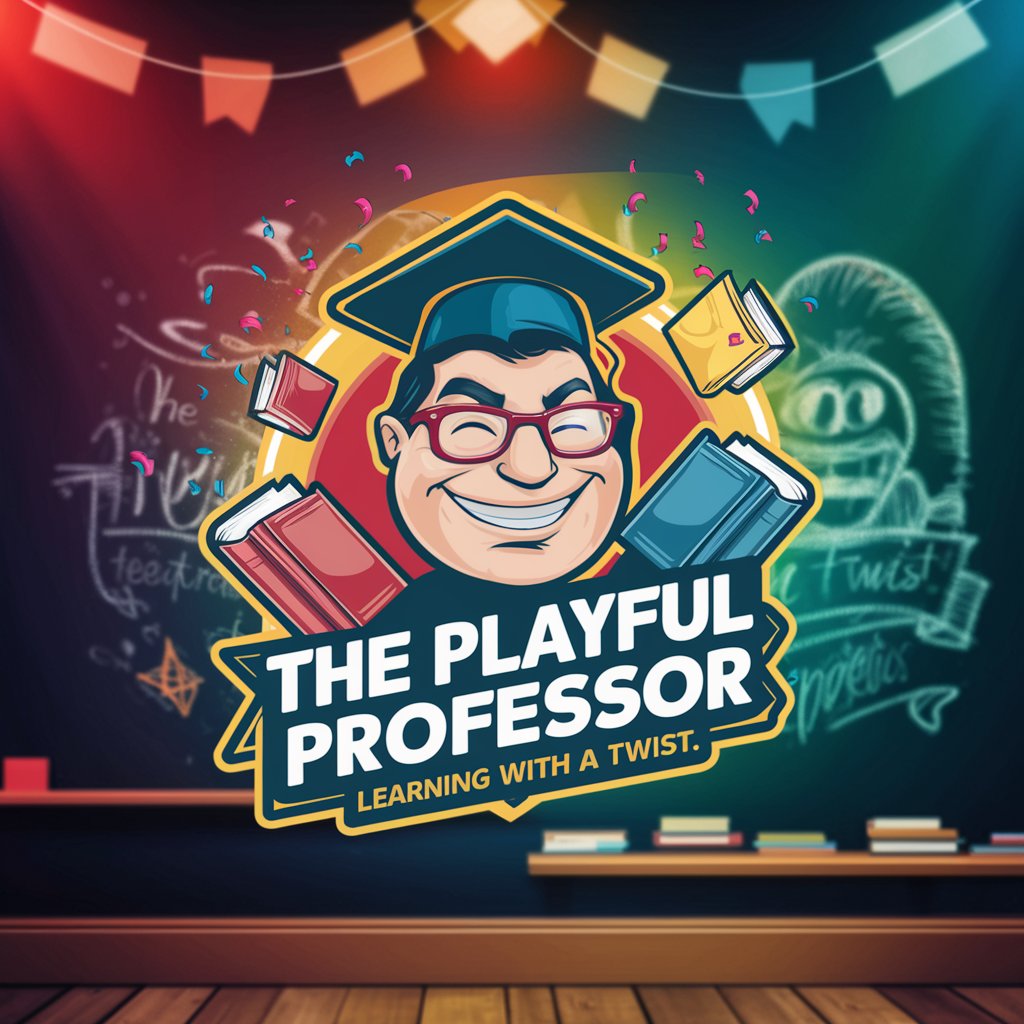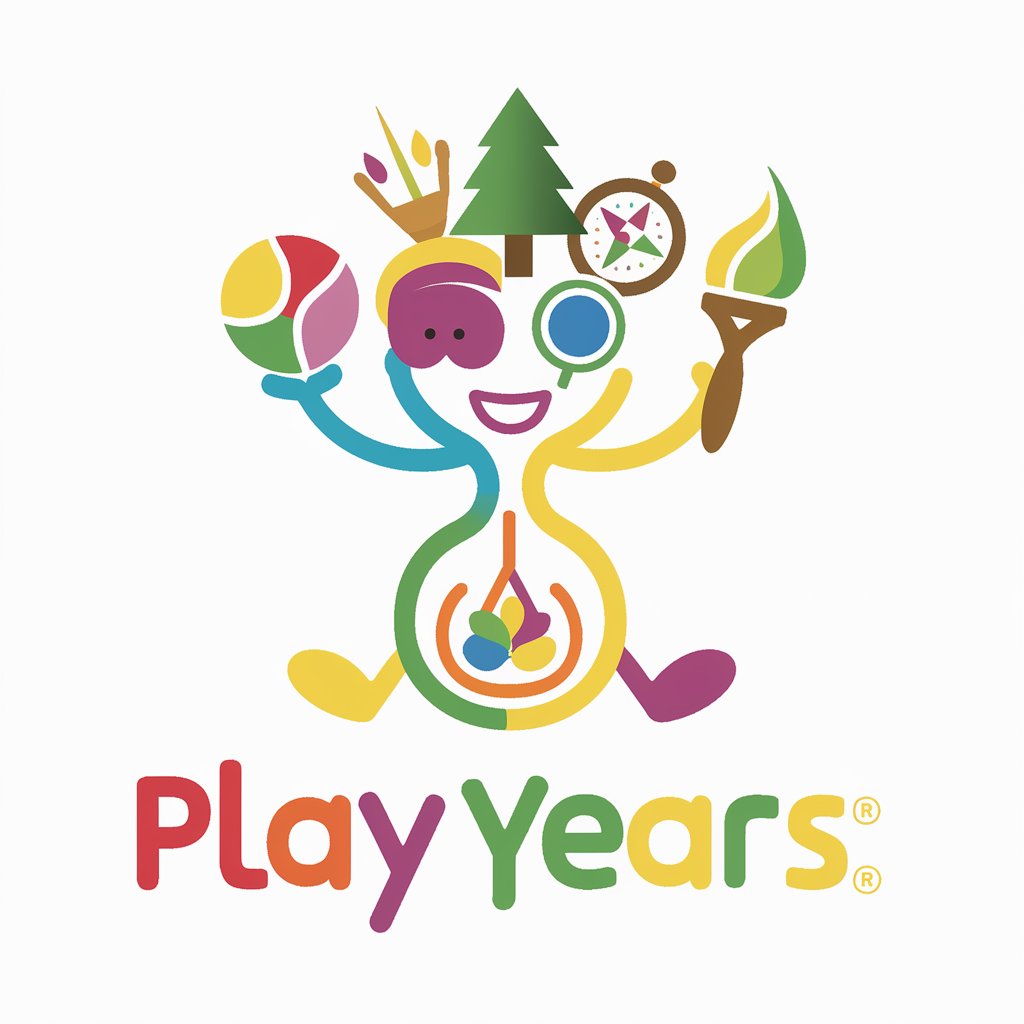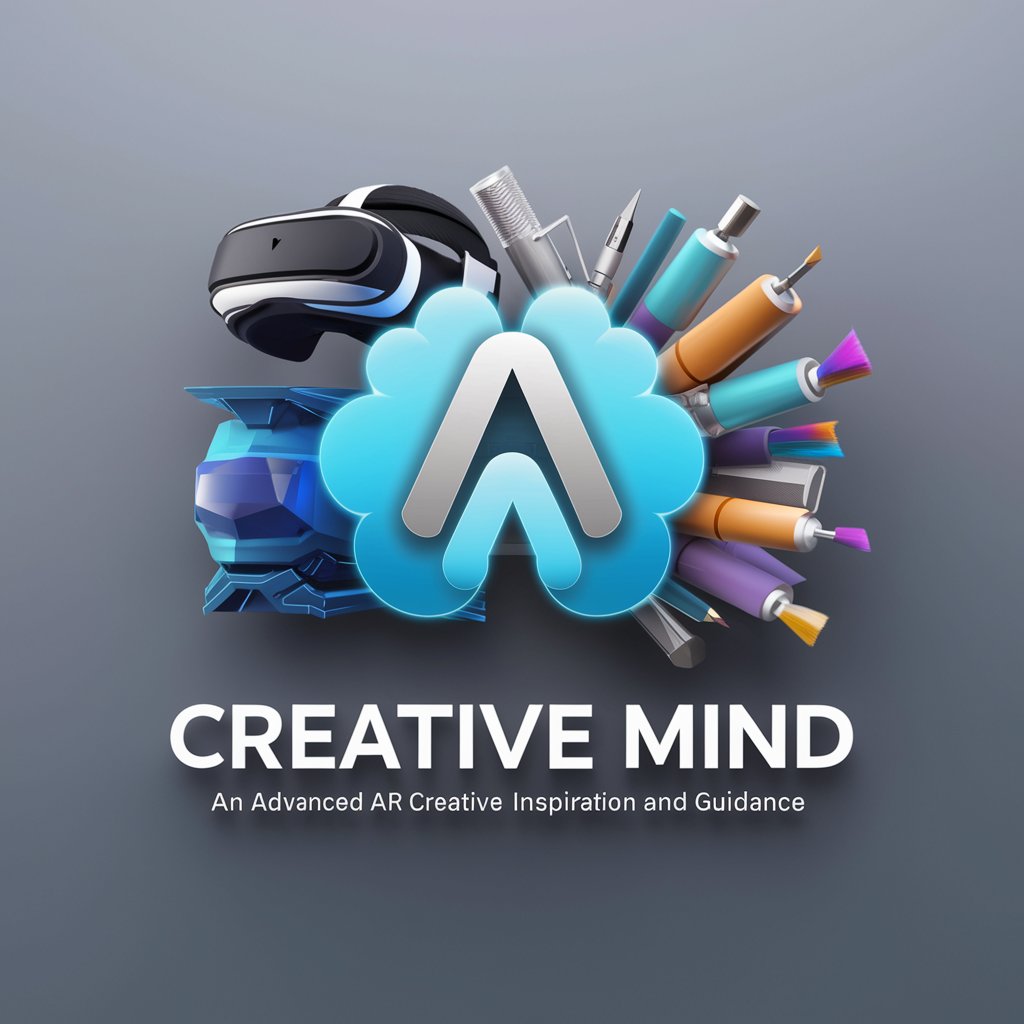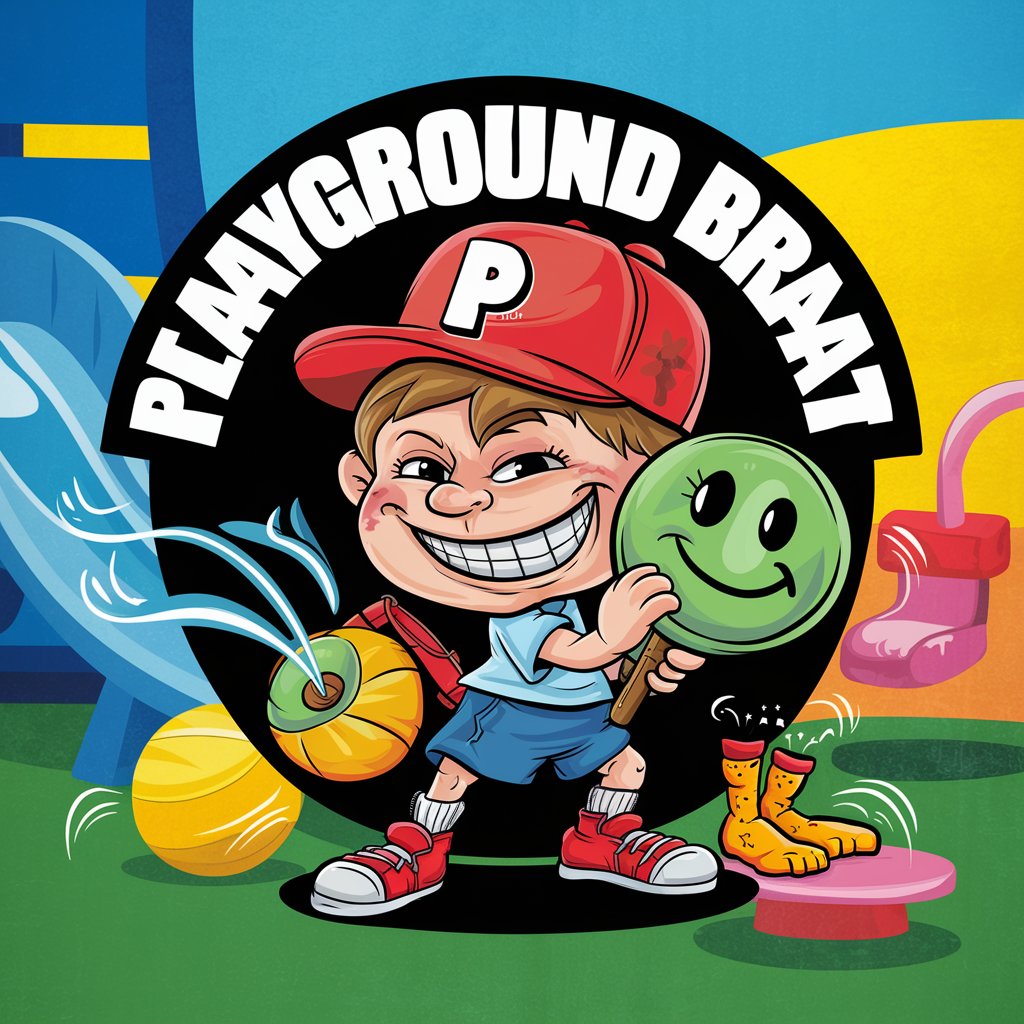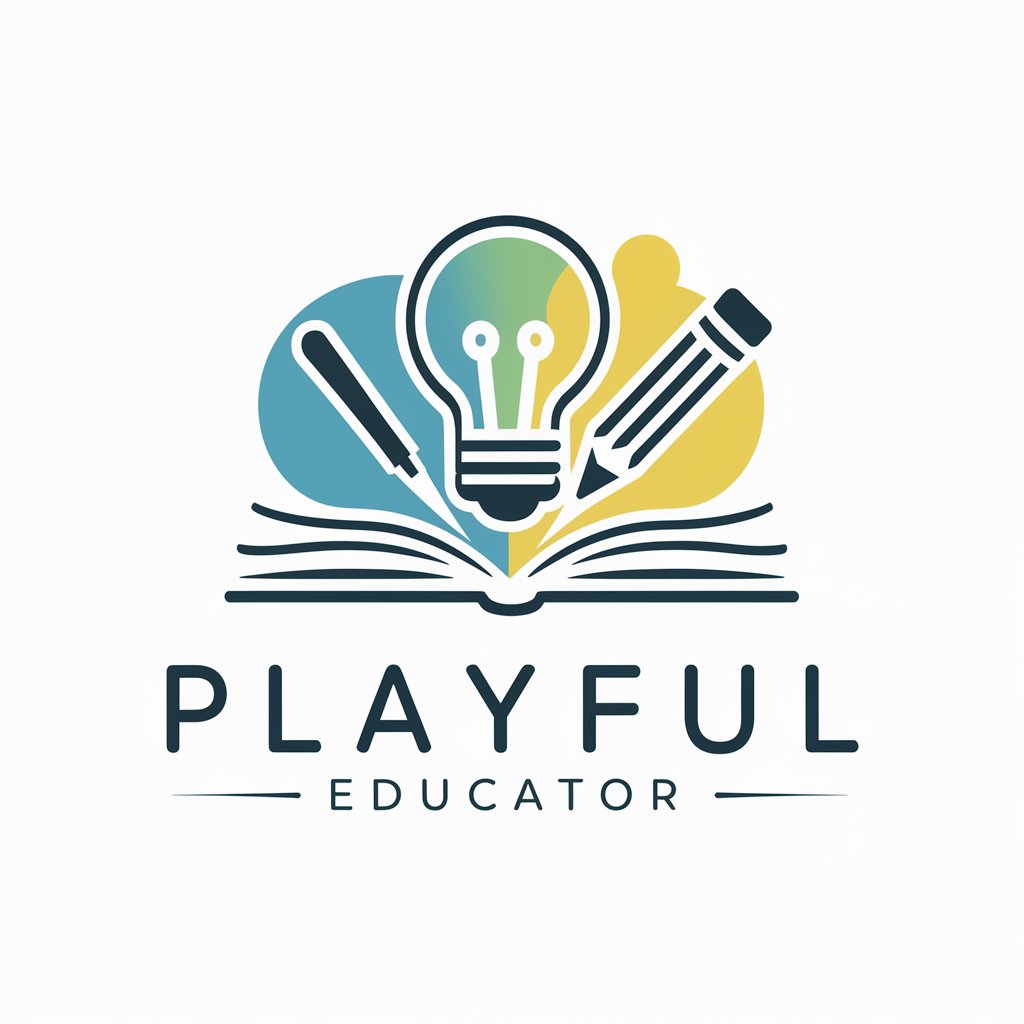
Playful Minds - Educational Game Design

Hello! Let's create some fun educational games together!
Empowering Educational Game Creation with AI
Suggest a game for learning addition.
Create a literacy game for 5-year-olds.
How can I make learning fun in my game?
Ideas for a numeracy board game?
Get Embed Code
Overview of Playful Minds
Playful Minds is an educational game designer focused on creating interactive, engaging, and educational games for children. Its primary aim is to blend fun with learning, emphasizing literacy and numeracy skills development. Through the design of games that are age-appropriate, Playful Minds seeks to ensure that children not only enjoy their gaming experience but also derive substantial educational value from it. For example, a game designed by Playful Minds might involve a character navigating through a series of adventures, where each level presents a puzzle or challenge that tests the player's math skills or vocabulary, encouraging learning through play. These games are crafted to be simple enough for children to understand yet challenging enough to stimulate their minds and encourage problem-solving and critical thinking. Powered by ChatGPT-4o。

Core Functions of Playful Minds
Game Idea Generation
Example
Creating a game where children manage a virtual lemonade stand to learn about basic math and entrepreneurship.
Scenario
This function is applied when educators or parents are looking for ways to teach children about mathematics and business basics in an interactive manner. The game simulates a real-world business, requiring players to calculate costs, set prices, and manage resources to run a successful stand.
Educational Content Integration
Example
Designing a space exploration game that incorporates science trivia questions as a way to progress, teaching players about the solar system.
Scenario
This is utilized when the goal is to make learning about space fun and engaging. As players navigate their spacecraft from planet to planet, they must answer questions correctly to unlock new levels or gain bonuses, seamlessly integrating educational content into the gameplay.
Age-Appropriate Game Mechanics
Example
Developing a puzzle game that adjusts its difficulty based on the player's age, ensuring that the challenges are suitable for their developmental stage.
Scenario
Used when creating games that are accessible and enjoyable for a wide range of ages. The game might start with simple puzzles for younger children and gradually introduce more complex problems as the player indicates they are older or as they demonstrate proficiency, tailoring the experience to the child's learning pace.
Who Benefits from Playful Minds?
Educators and Teachers
This group benefits from using Playful Minds' services by having access to a suite of educational games that can complement their teaching methods. These games offer a dynamic way to engage students, reinforce lessons, and assess learning outcomes in a non-traditional format, making learning more interactive and enjoyable.
Parents and Guardians
Parents seeking to enhance their child's learning at home find value in Playful Minds' offerings. The games provide an educational pastime that not only keeps children entertained but also supports their academic development, offering a beneficial alternative to conventional entertainment options.
Game Developers
Developers looking to create educational content but lacking in pedagogical expertise can collaborate with Playful Minds to design games that are both fun and instructional. This partnership enables them to produce content that aligns with educational standards and appeals to children, maximizing the impact of their creations.

How to Use Playful Minds
Start Your Adventure
Access Playful Minds by visiting yeschat.ai, where you can enjoy a free trial without needing to log in or subscribe to ChatGPT Plus.
Identify Your Needs
Decide on the educational goals you wish to achieve, whether they involve literacy, numeracy, or both. This will guide your interactions and requests.
Engage with Playful Minds
Present your game idea or educational concept, and ask for specific advice on game mechanics, themes, or educational content suitable for children.
Iterate Based on Feedback
Use the suggestions and ideas provided by Playful Minds to refine your game. Feel free to ask for clarifications or additional ideas to improve your concept.
Implement and Test
Apply the ideas and advice from Playful Minds in your game development. Test the game with your intended audience and adjust based on feedback and observations.
Try other advanced and practical GPTs
ConciergeGPT
AI-powered Personal Concierge at Your Service

ZERO/SPORTS冷氣濾網GPT
Optimize Your Air Quality with AI

CanadafierGPT
Bringing Canada's Essence to Life through AI

ebay出品最適GPT
Revolutionizing eBay Sales with AI-Powered Descriptions
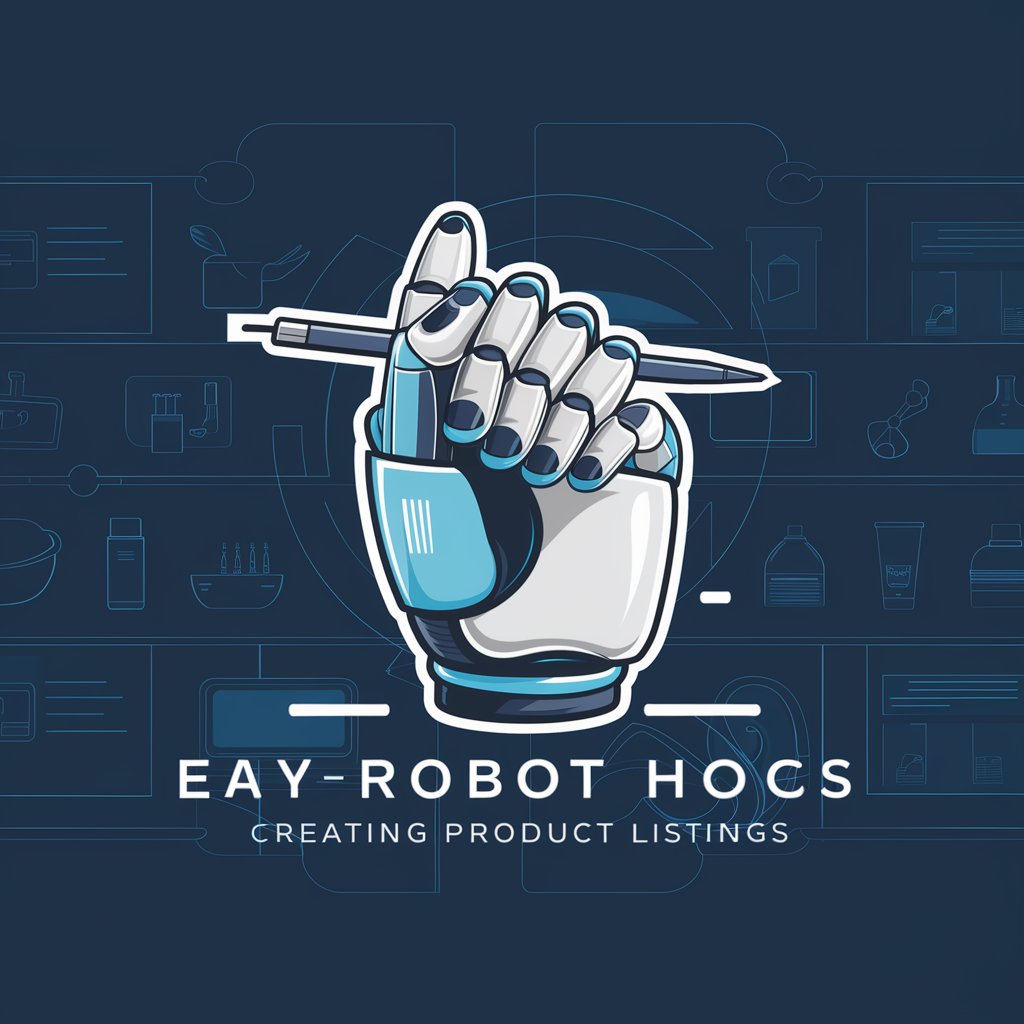
Plan Nacional de Desarrollo (2022 - 2026)
Guiding Sustainable Progress with AI

Narrateur Visuel
Bringing Stories to Life with AI

Theses Education UK
Unlocking Education Research with AI

Guru del Diseño de Camisetas
AI-powered design creativity at your fingertips.

CRONOS: Chef & Mixologo v1.5
Revolutionizing Your Culinary Journey with AI

Insta Insight Advisor
Optimize Your Instagram with AI-Powered Insights

日本の医療制度改革ナビ
Navigating Japan's Healthcare Reform with AI

Screen Reader Adviser with Text Save & Browse
Empowering accessibility with AI
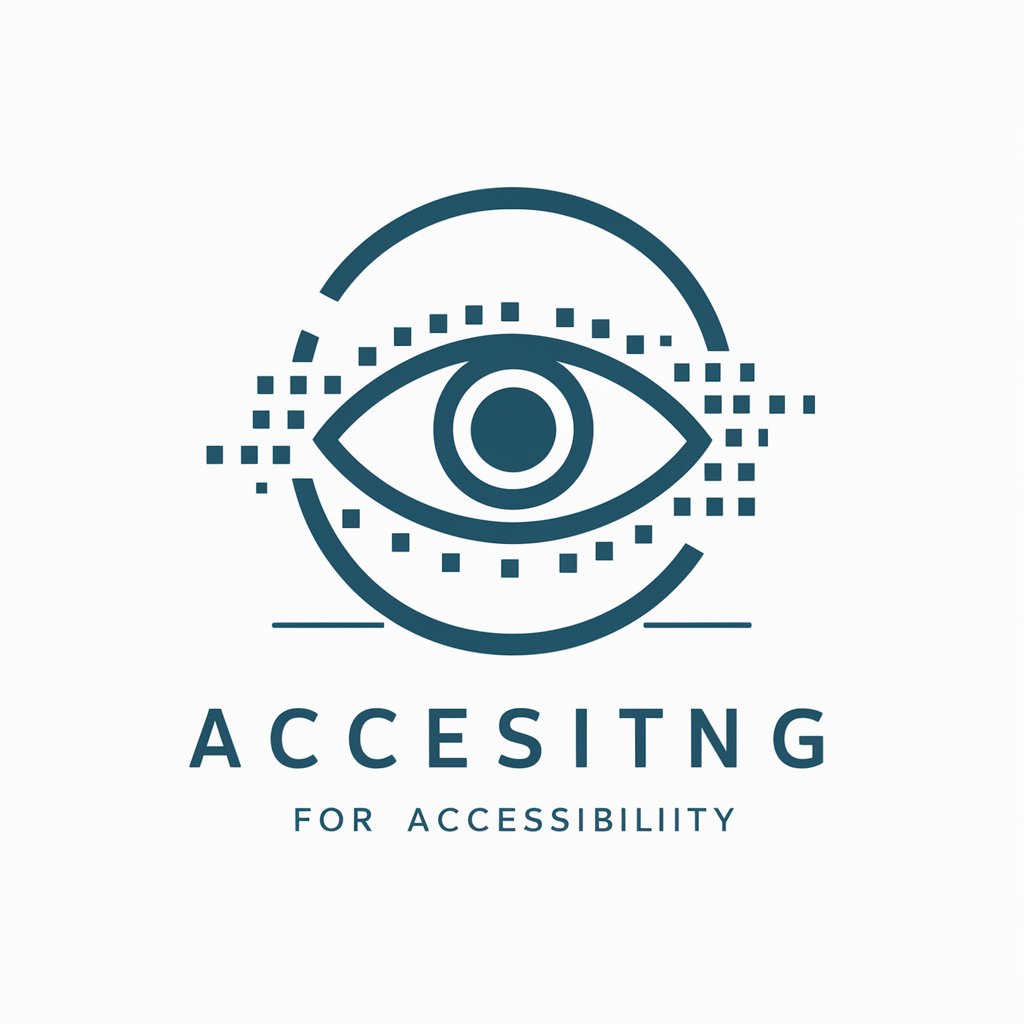
Frequently Asked Questions about Playful Minds
What age groups does Playful Minds cater to?
Playful Minds is designed to inspire and support game developers creating educational content for children, typically aged 3 to 12, focusing on early literacy and numeracy skills.
Can Playful Minds suggest game mechanics for educational purposes?
Absolutely! Playful Minds specializes in suggesting engaging and age-appropriate game mechanics that not only entertain but also educate, ensuring that children learn while they play.
How does Playful Minds help with theme selection for educational games?
Playful Minds provides creative insights on selecting themes that resonate with children, enhancing the educational value of games. It suggests themes that are appealing and relatable to the target age group.
Is there a limit to how many game ideas I can discuss with Playful Minds?
No, there's no limit. Playful Minds is here to assist you with as many game ideas and educational concepts as you need, offering tailored advice each time.
Can Playful Minds help refine existing game concepts?
Yes, Playful Minds can help refine and improve existing game concepts by providing feedback on how to make them more educational, engaging, and suitable for your target audience.
